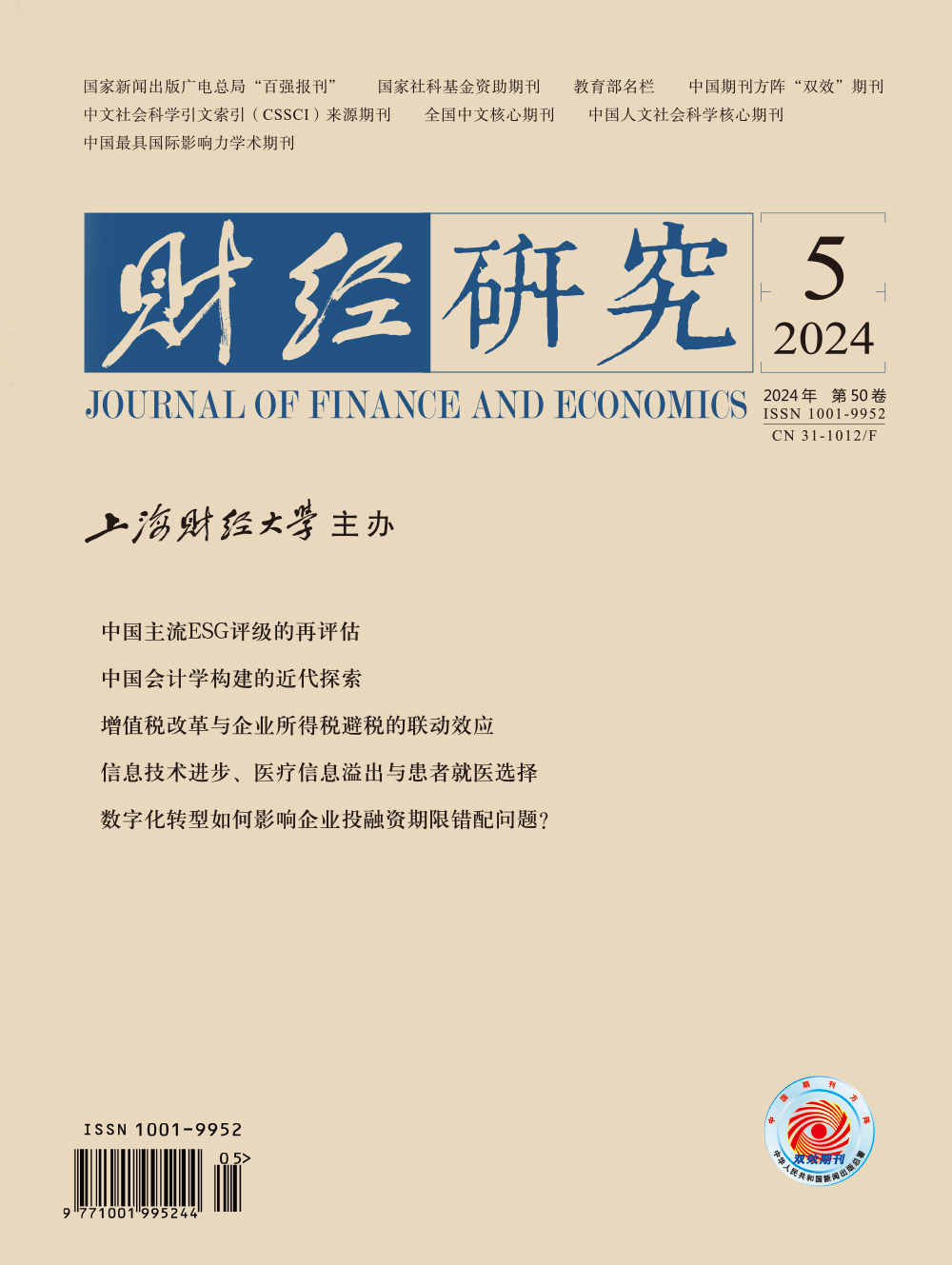Under the goal of maintaining financial market stability and preventing financial risks, digital transformation provides an essential impetus for solving the problem of the maturity mismatch of corporate investment and financing. From a dual perspective of asset and liability, this paper constructs a theoretical framework of the impact of digital transformation on the maturity mismatch of corporate investment and financing, and provides theoretical supplements and empirical evidence to alleviate the maturity mismatch of investment and financing in the real economy.
It is found that digital transformation can significantly inhibit the maturity mismatch of corporate investment and financing, and this impact is more obvious in the samples of asset-heavy industries, higher debt-servicing pressure, and poorer regional social trust. The mechanism of this impact is that digital transformation improves corporate asset utilization from the asset side and improves corporate long-term credit accessibility from the liability side. In addition, this paper finds a significant spillover effect of digitalization across industries and supply chains, which helps to further mitigate the maturity mismatch of corporate investment and financing for firms, suppliers, and customers.
The economic consequences suggest that digital transformation can reduce the bankruptcy risk caused by the maturity mismatch of investment and financing in the current period and continuously mitigate the loss of resource allocation efficiency caused by the maturity mismatch of investment and financing, but this effect is decreasing year by year. This paper systematically reveals the impact mechanism of digital transformation and the economic consequences in mitigating the maturity mismatch of investment and financing. It provides valuable references on how to better drive digital transformation to achieve the high-quality development of firms.





 5994
5994  9270
9270

